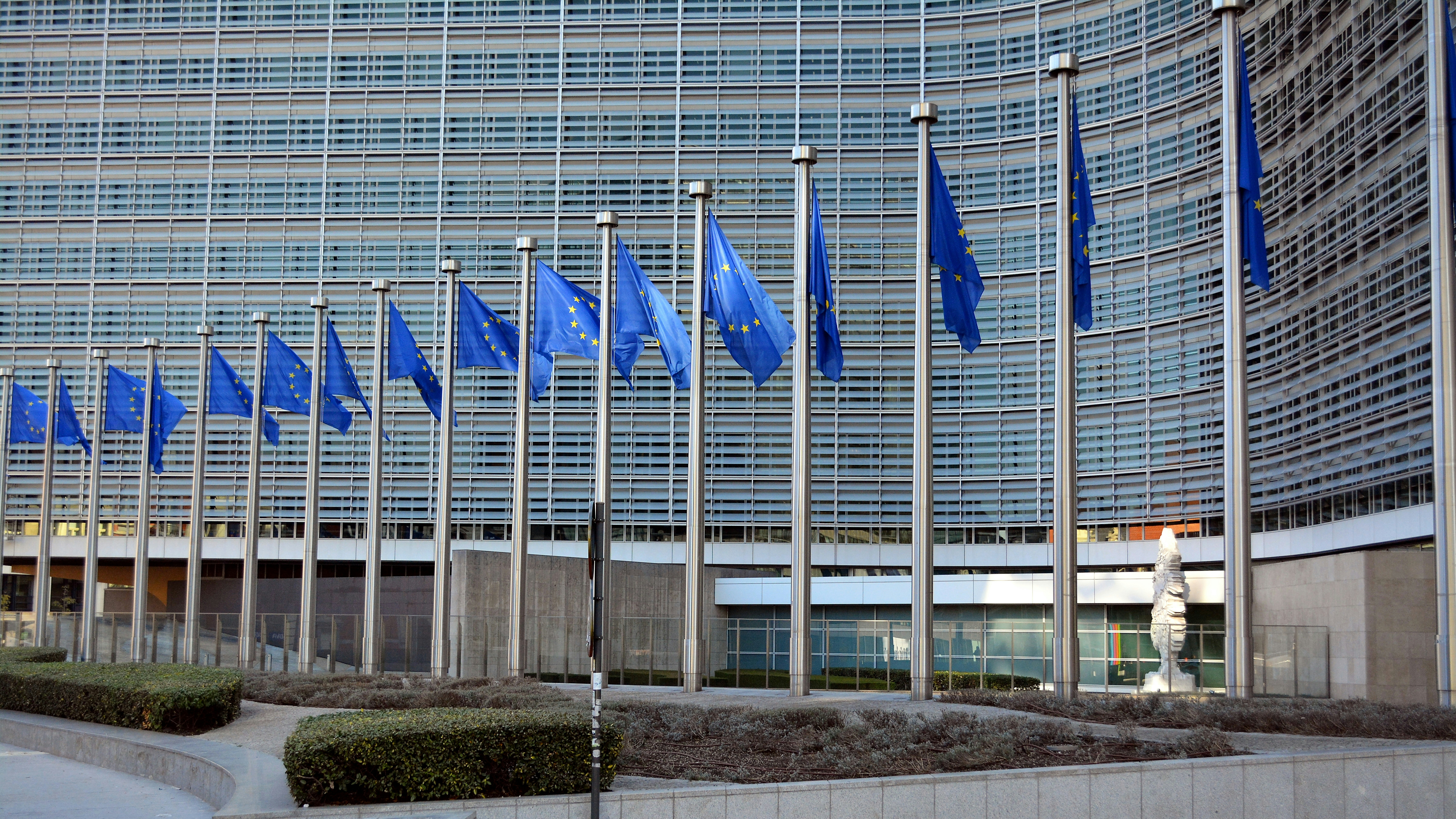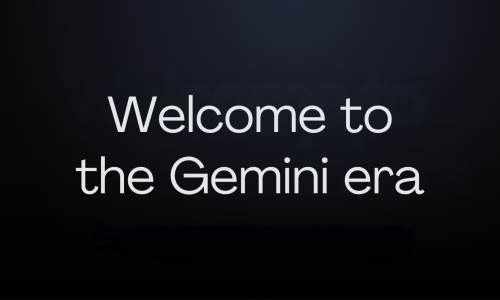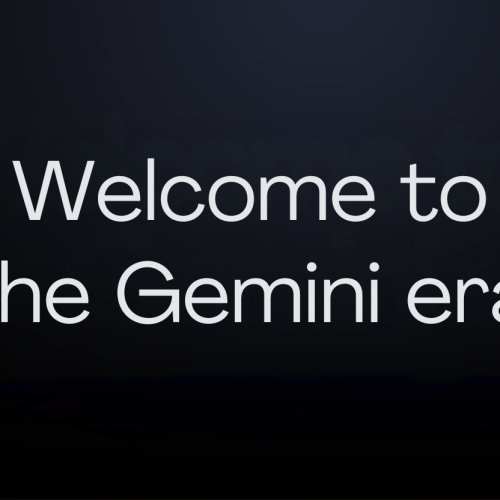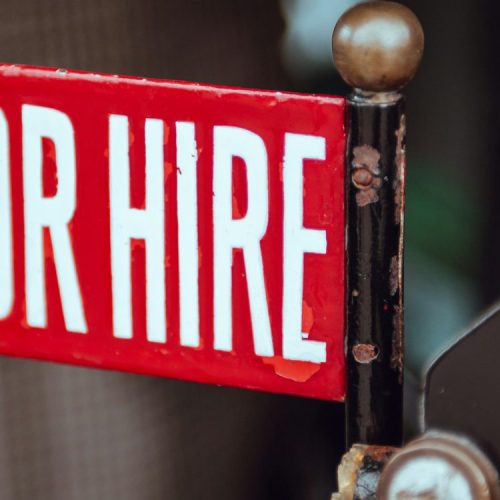Recent developments in AI have certainly shown that we are making significant progress with the technology on a daily level. When it comes to increasing productivity, as well as automating and optimizing processes, we’re witnessing the positive impact that this technology has in the world. However, not everything is as it should be, and through the help of AI, deepfakes are also becoming a (self)evolving root of many problems.
With the help of deepfake technology, a wide variety of audio and video content is created by digitally manipulating one person’s likeness. In most of the cases, targets are public figures and people of interest.
European elections and deepfake technology

The elections for members of the European Parliament will be held this year, more specifically from June 6th to 9th. When elections come into play, fake news are at their strongest, using disinformation and misinformation to spin fast propagation through social media and deceive the public.
With every election, the fight against fake news is getting bigger and bigger, but so is the deepfake technology. Nowadays, one can successfully create more sophisticated and more reliable fake audio and video content.
Due to the rise of deepfake technology, the European Union has called on Facebook, TikTok and other tech giants do their part in preventing and/or removing fake content that’s generated with the help of artificial intelligence.
The request stems from the desire for the European elections to be fair, democratic and unblemished by various fake news and influences.
In the Digital Services Act (DSA) there are 22 digital core platform services. The list includes Instagram, X, Snapchat, YouTube and others.
The EU came out with a recommendation that the tech giants are to promote official information related to the elections. Additional recommendation is to reduce the monetization and virality of content that threatens the integrity of the entire electoral process.
“The DSA is here to protect both freedom of expression & our democracies — including in times of crisis. We are making full use of all the tools offered by the DSA to ensure that platforms comply with their obligations and are not misused to manipulate our elections, while preserving freedom of expression,” said European Internal Market Commissioner Thierry Breton.
The big digital platforms are actively working on dealing with the problems arising from deepfake news. It remains to be seen whether they will manage to upgrade their algorithms and start detecting deepfake news in a more efficient manner.
Another question that comes to mind is whether Platform Services would face sanctions if they fail to deal with the ‘fake news’ content.
Deepfakes threated the entertainment industry as well

AI image generators are advancing and generating even more realistic images. This is seen as a doble edged sword and we’re again forced to ask ourselves whether the positives outweigh the negatives. Taylor Swift went viral on X again.
The images were forwarded through Telegram channels and 4chan (a platform for anonymous image forwarding).
The application ‘Microsoft Designer’, which is powered by the AI model DALLE-3, has introduced safeguards to block inappropriate notifications related to nudity or public figures.
The application, however, could be easily tricked by typing a misspelled name of a public figure. In these situations, the safeguards are not triggered and the model easily generates another, similar image.
“We are committed to providing a safe and respectful experience for all.” We continue to investigate these images and have strengthened our existing security systems to further prevent the misuse of our services to help generate images like these,” a Microsoft spokesperson told ZDNET.













